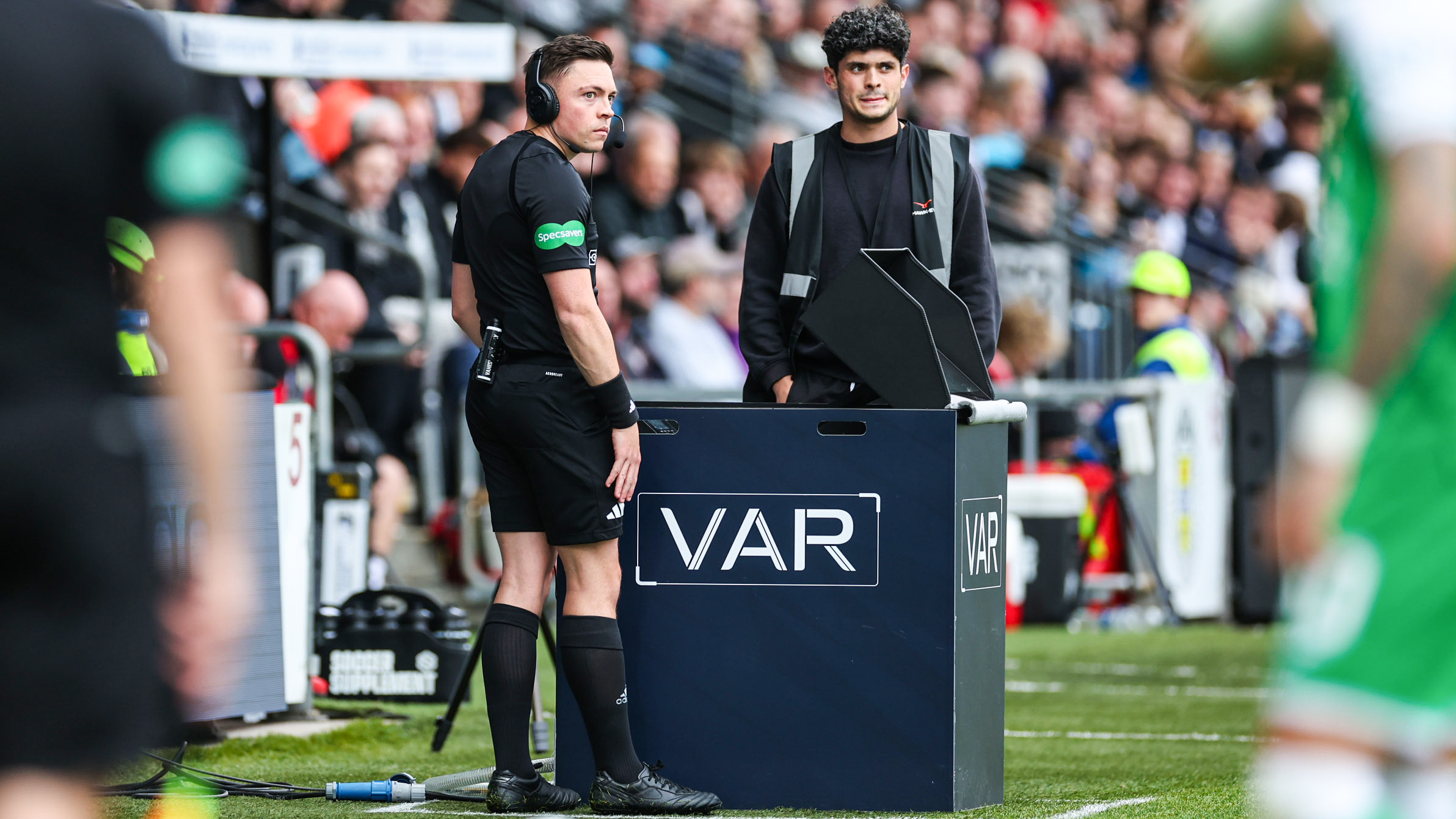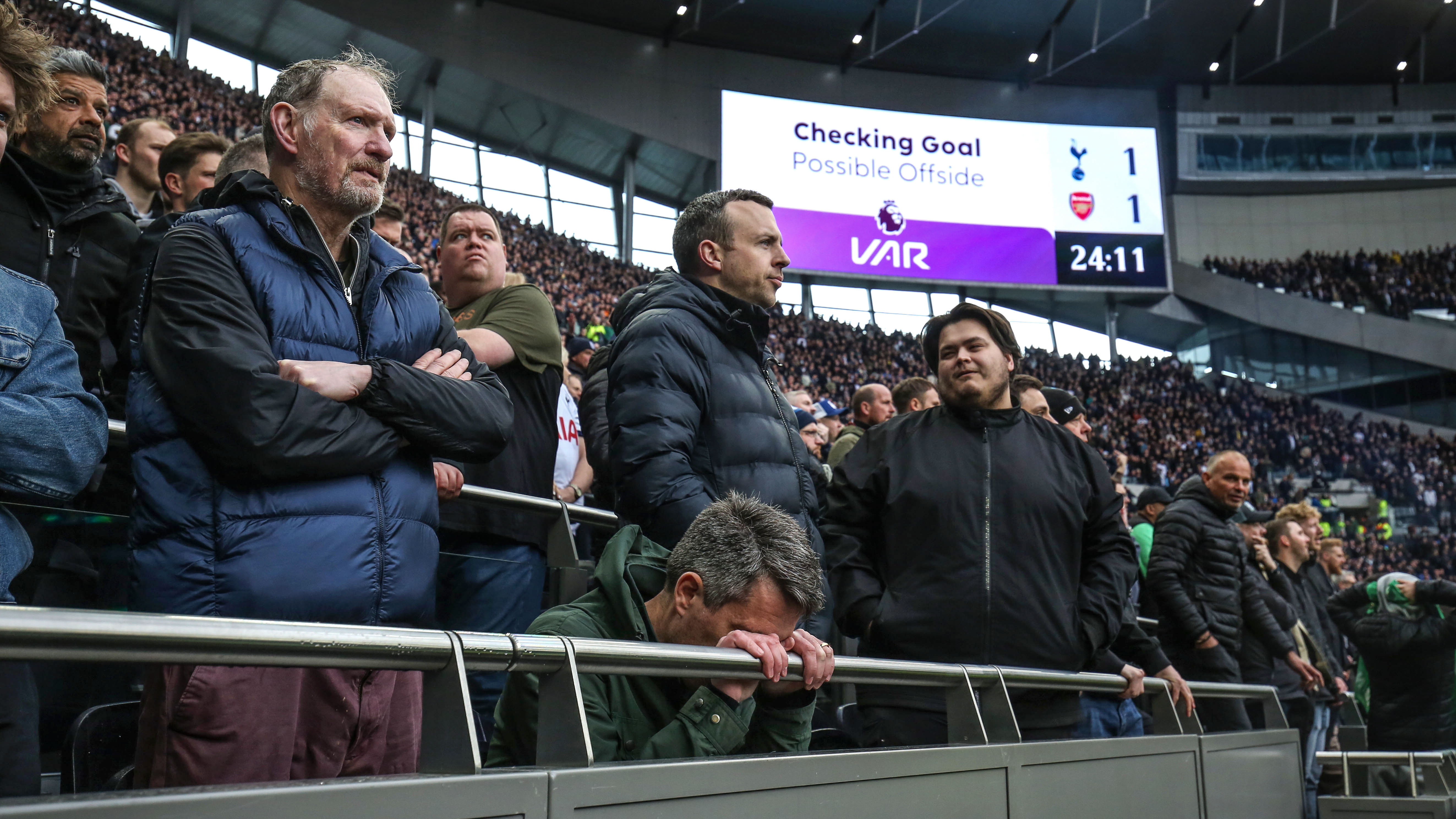
Forget Messi vs Ronaldo, or Gareth Southgate's pitchside attire, the one topic that has fuelled the most heated footballing discussion in the past five years is VAR – or video-assisted refereeing, which has been a constant source of controversy since its introduction.
VAR was introduced to make footballing decisions fairer, yet after a number of inaccurate calls and lengthy additions to game time while footage is reviewed, it's fair to say that a lot of fans, managers, and clubs have lost some faith in the system.
But there is new hope things will improve this season – with The Guardian reporting that the Premier League (England/Wales's top soccer league) is set to introduce a new AI-assisted camera system promising to make decisions faster, more accurate, and more transparent.
The new AI-powered system comes from Genius Sports and will focus on offsides using semi-automatic offside technology (SAOT) which looks to be similar to the system that debuted successfully at this summer's Euro 2024 competition managed by UEFA, and the FIFA World Cup in 2022.

These AI cameras will run off 10,000 different data points that track both the players and the ball creating what the company refers to as an "offside wall", which should reduce wait times for offsides to around 30 seconds, half of the average 64 seconds fans and players were made to wait last season. These lengthy waits in turn stretched a usual 90-minute match into an average game time of 102 minutes.
The Premier League plans to install 28 of these AI cameras across all Premier League grounds, with the aim of having them in use after the international break next month. When up and running, the Genius system will also be able to relay 3D graphics to viewers watching at home and on stadium screens to ensure that offside decisions are transparent.
Using semi-automated cameras will also ensure that offsides are no longer missed. Previously, VAR relied on and off-field officials actually spotting offsides and calling them correctly – or incorrectly, as was the case in Liverpool's defeat to Tottenham Hotspur last season, where Luiz Diaz was incorrectly ruled offside after scoring the equalizer.
But these aren't the first computer vision cameras introduced in football. Goal line camera technology has been automated now for several years – and will continue to be provided by Hawk-Eye until at least the end of the 2024/25 season.
Hawk-Eye might be better known to tennis fans, where the camera technology has replaced human line judges entirely in both the Australian Open and US Open competitions. While it is a bit premature to predict the end of human referees in football, if camera and AI technology keep improving, we might well be looking at a much more automated future for sport.
While they might not be able to predict offsides, check out our guide if you are looking for the best camera for sports photography for capturing the beautiful game.







